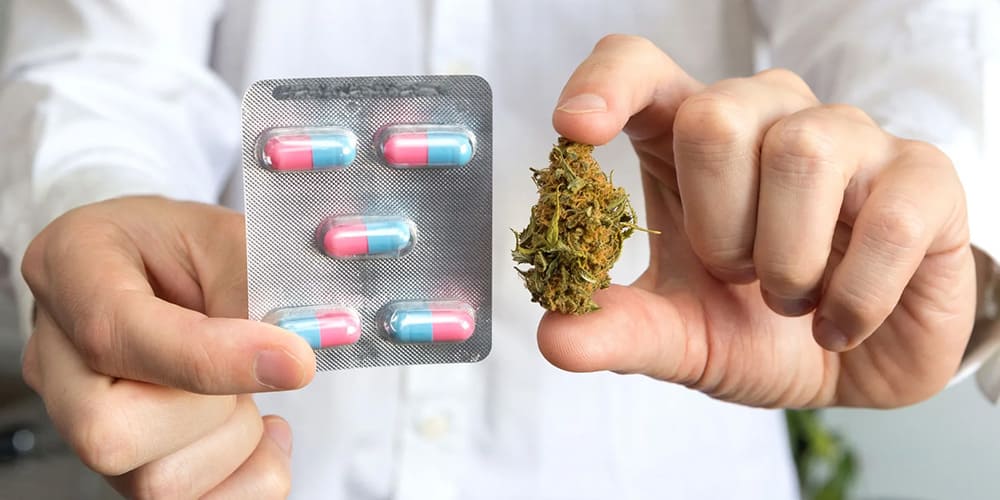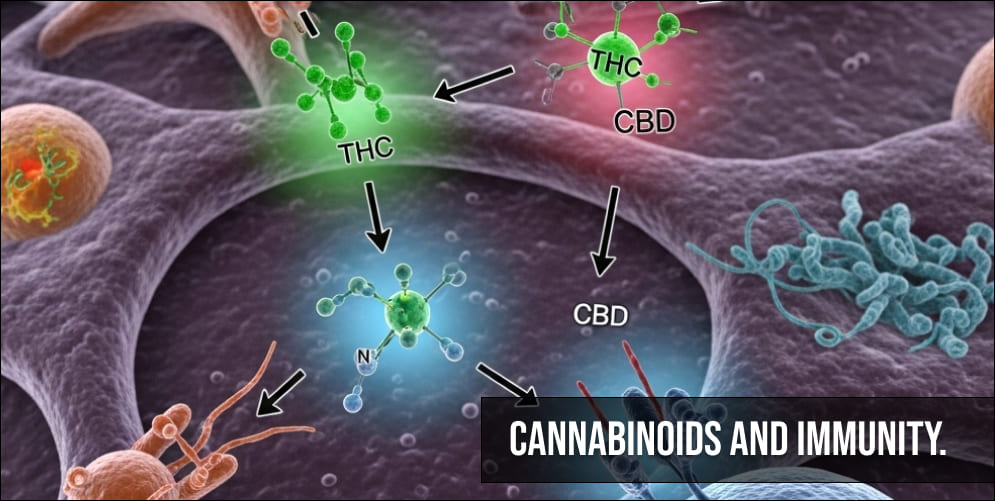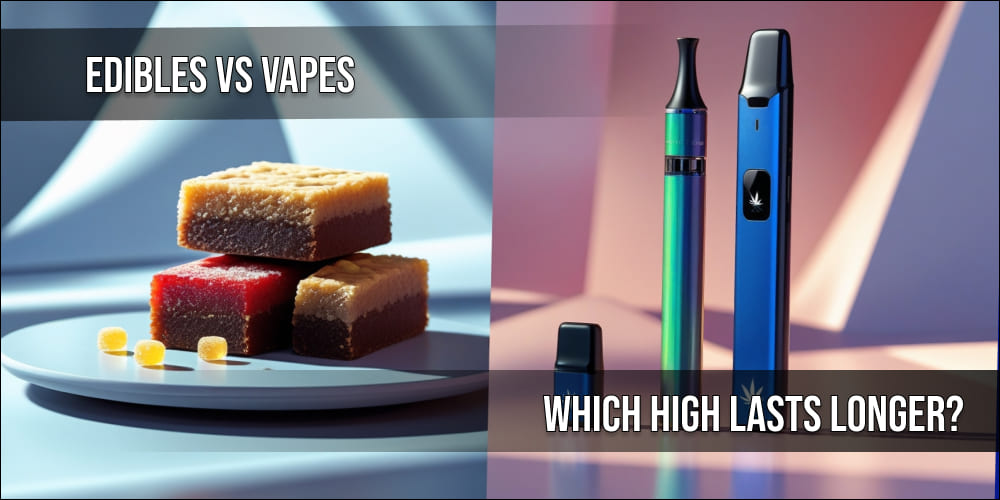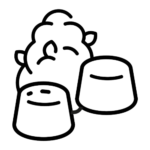Treatment of cannabinoid hyperemesis syndrome

Navigating the perplexing realm of Cannabinoid Hyperemesis Syndrome (CHS) requires understanding its multifaceted relationship with cannabis, the very substance that both causes and alleviates various symptoms.
This comprehensive guide dives into the intricacies of CHS, exploring its underlying causes, its sole but definitive cure, and the preventative measures that can safeguard your health.
Moreover, it examines home treatments for immediate relief and the broader health benefits that come with cannabis cessation. Join us on this enlightening journey as we unravel the mysteries of CHS, guiding you toward informed choices and lasting well-being.
To learn more, we recommend reading these articles:
What Causes Cannabinoid Hyperemesis Syndrome?

Cannabis weaves a tale of paradox within the body, baffling even seasoned researchers with its dual nature. In the brain’s neural corridors, cannabis is a savior, extinguishing the flames of nausea, particularly for those battling the side effects of chemotherapy.
Yet, as it travels down to the gut’s complex maze, cannabis flips its role, fanning the embers of nausea and vomiting. Initially, the brain’s signaling systems might endorse cannabis as an anti-nausea guardian.
However, with frequent use, certain brain receptors adopt a nonchalant stance, opening the floodgates for recurring bouts of stomach upheaval, a hallmark of Cannabinoid Hyperemesis Syndrome (CHS). You can read more about CHS in this study.
Is there a cannabis hyperemesis syndrome cure?

The sole route to lasting relief from Cannabinoid Hyperemesis Syndrome (CHS) is a complete halt in cannabis usage. Prepare yourself for a residual hangover of CHS symptoms, which may continue to make unwelcome appearances for several weeks after quitting.
These lingering bouts of nausea and discomfort are like fading echoes of a song that’s finally ending. Gradually, as the days turn into weeks, you’ll notice these symptoms dissolving, bit by bit, until they vanish into the mist of your past experiences, granting you the tranquility you sought.
To truly vanquish Cannabinoid Hyperemesis Syndrome (CHS), the only proven pathway is complete cessation of cannabis use. A steaming hot bath might offer a fleeting reprieve from gut-wrenching nausea, but it’s merely a band-aid on a deeper issue.
Moreover, frequent hot baths could lead you down the perilous road of dehydration, as they cause you to sweat out valuable fluids.
While you’re in the initial stages of quitting cannabis, you may consider employing home-based treatments to navigate the immediate discomfort. Understand, however, that these are not long-term fixes; they merely serve as a bridge to carry you into your recovery journey.
As you quit, your body will start the complex work of recalibrating its system, gradually lessening CHS symptoms until they fade away.
To begin with, it is worth trying to reduce the amount of THC. To do this, we recommend trying Lemon Tree in Sauce Cartridge. This hybrid strain offers a unique combination of sweet and sour flavors, with a high THC content that delivers a balanced high.
Or what about Acai Berry Gelato strain? It offers a unique combination of fruity and sweet flavors, with a high THC content that delivers a balanced and uplifting high.
We also recommend to put your attention to Sauce Vape Cartridge section. This category has exploded in popularity in recent years. And APE Premium has emerged as one of the top contenders in this highly competitive space.
What can I do to prevent cannabinoid hyperemesis syndrome?

To dodge the vexing grip of Cannabinoid Hyperemesis Syndrome (CHS), your course of action is crystal clear—put an end to your cannabis use. This may sound counterintuitive, especially if you’ve been a long-time user with nary a hiccup.
But bear in mind, CHS isn’t always an overnight malady; it can develop slowly, lurking in the background for years until it bursts forth in an unsettling symphony of symptoms.
While cannabis might offer first-timers or occasional users an anti-nausea sanctuary, for those dealing with CHS, full abstinence is the lone exit strategy. Ignoring this could mean the recurrence of debilitating symptoms, converting episodic nuisances into a continuous parade of digestive distress.
Choosing the path of cannabis cessation can unlock a treasure trove of other health boons, enriching your life in multiple dimensions. These potential gains range from:
- Revitalized respiratory capacities, breathing fresh vitality into your physical pursuits.
- Sharpened mental acumen, rendering you more adept at problem-solving and decision-making.
- Sleep transformation, which manifests as deeper, more restorative rest cycles.
- A downturn in your risk of emotional turbulence, such as anxiety or depression, significantly uplifting your mental landscape.
So, walking away from cannabis doesn’t just bring relief from CHS but could be your ticket to a broader spectrum of health and well-being.
In the labyrinth of cannabis-related health issues, Cannabinoid Hyperemesis Syndrome (CHS) stands as a perplexing enigma. As we’ve traversed through its complex landscape, we’ve uncovered that the only surefire remedy for CHS is complete abstinence from cannabis.
While initial experiences with cannabis may be deceivingly symptom-free, CHS can manifest over time, complicating your wellness journey. Home treatments might offer momentary comfort but are not a long-term solution.
Choosing to cease cannabis use not only relieves you of the distressing CHS symptoms but also unlocks a myriad of other health benefits, ranging from enhanced cognitive function to emotional stability. In making this choice, you aren’t just escaping the clutches of CHS; you’re embarking on a path toward a more holistic state of well-being.



























